From Tradition to Trends: Examining Pakistani Carpets' Contemporary Development!
 Pakistan's carpet business offers an impressive legacy, entrenched in age-old artistry and ethnic influences. Yet, the company has seen a remarkable metamorphosis over recent decades, incorporating cutting-edge technologies with modern aesthetics while remaining faithful to its historical heritage. This blog digs into this fascinating metamorphosis, examining how technology has breathed fresh energy into a centuries-old art style.
Pakistan's carpet business offers an impressive legacy, entrenched in age-old artistry and ethnic influences. Yet, the company has seen a remarkable metamorphosis over recent decades, incorporating cutting-edge technologies with modern aesthetics while remaining faithful to its historical heritage. This blog digs into this fascinating metamorphosis, examining how technology has breathed fresh energy into a centuries-old art style.
Technology accessibility also impacts pricing tactics in marketplace relations. The arrival of mechanized procedures has culminated in a broader spectrum of costs, making handmade carpeting more readily available to a broader demographic even though it is still valued for its distinctive characteristics and creative value. It is essential for each purchaser and seller to comprehend the carpet prices in Pakistan.
A Heritage of Masterful Arts and Crafts
Pakistan's carpet production has an extensive and distinguished heritage. The Indus Valley Civilization, dating back to 3300 BC, provides the initial evidence to support this artistic genre. Mughal rulers were renowned for being benefactors of the trade, supporting the creation of sophisticated patterns and the adoption of luxurious fibers, including silk and wool.
Sindh and Balochistan are Pakistan's two principal carpet-weaving areas. Every location has unique methods and styles. Sindh carpeting is noted for its abstract solid designs and vibrant shades, whereas Balochistan carpeting is renowned for its exquisite designs with flowers and incorporation of neutral colors.
These geographical characteristics have given Pakistani carpets an international following because of their splendor, resilience, and artistry. They're considered treasures that grace houses and castles worldwide.
Sailing Into Enlightenment on the Waves of Transformation
Considering its extensive legacy, the Pakistani carpet business encountered difficulties later in the 20th century. Manufactured carpets acquired prominence because of their lower prices, and standard patterns started appearing antiquated to others.
Yet, a fresh batch of Pakistani carpet manufacturers and weavers arose, aiming to revitalize the business. They realized the necessity of adapting to new preferences while keeping the core of their tradition.
Contemporary Designs in Pakistani Carpets
Following is a glance into several of the most significant developments affecting the present Pakistani carpeting sector:
-
Combining Modernity with Traditions:
Contemporary architects and designers have expertly blended modern aspects into conventional layouts. This may require integrating geometrical designs alongside flowery themes or exploring color combinations. The outcome is a magnificent combination of the ancient and modern, attractive to a broader demographic.
-
Long-Term Strategies:
Environmental awareness is an increasing priority, and the Pakistani carpeting business has adopted environmentally friendly practices. Artists are increasingly employing dyes made from plants and products that are accessible locally, including certified organic wool and cotton. This maintains the ship's lifespan while limiting its harmful environmental effects.
-
Adaptability in Design:
Fashionable carpets are made to suit varied preferences and architectural preferences. While sure rugs preserve the splendor of conventional fragments, others tend to be sleeker and more streamlined, appropriate for modern living areas.
-
Novel Approaches to Materials:
Manufacturers are investigating novel materials like bamboo and metal threads to produce distinct patterns and colors. This attempt gives Pakistani carpeting an element of richness and modernism.
-
Working together with Foreign Manufacturers:
Pakistani artisans are working with foreign manufacturers to produce one-of-a-kind, cutting-edge pieces. This intercultural communication creates an entirely new viewpoint and facilitates the introduction of Pakistani carpeting to a worldwide population.
Modern Pakistani Carpets: Their Enchantment
The splendor of modern Pakistani rugs resides in their capacity to close the divide between modernity and traditional values. Despite combining innovative aspects that connect with a contemporary sensibility, they have the eternal grandeur of conventional designs.
Modern Pakistani carpets are becoming more and more popular for the following explanations:
-
Investing components:
Handmade carpets are regarded as treasures, gaining significance as time passes. A carefully designed modern Pakistani carpet may be essential to any decor.
-
Emblem of Cultural Legacy:
By purchasing a carpet, you can encourage ancient artistry and establish a connection with Pakistan's unique history and culture.
-
Resilient and environmentally friendly:
Modern Pakistani carpets are desirable for people who care about the environment because they are made of organic components and colors.
-
Individualized and Adaptable:
Many modern manufacturers provide modification choices, allowing you to make a carpet that precisely matches your current decorating.
The Prospects for the Carpet Sector in Pakistan
The Pakistani carpet business is undergoing a rebirth, prompted by creativity and an agreement to excellence. By adopting new trends while remaining faithful to its legacy, the sector is ensuring the ongoing importance of this beautiful art form for years to come.
With IMAM Carpets heading along the way, the sector is not merely growing but also adapting to meet today's clients' expectations. The integration of history and innovation guarantees that Pakistani carpets maintain an emblem of elegance, manufacturing, and cultural legacy while growing available to more people than ever before.
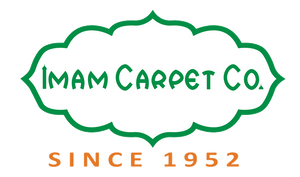

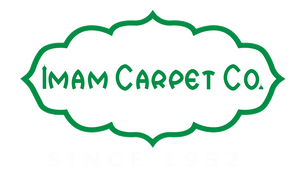


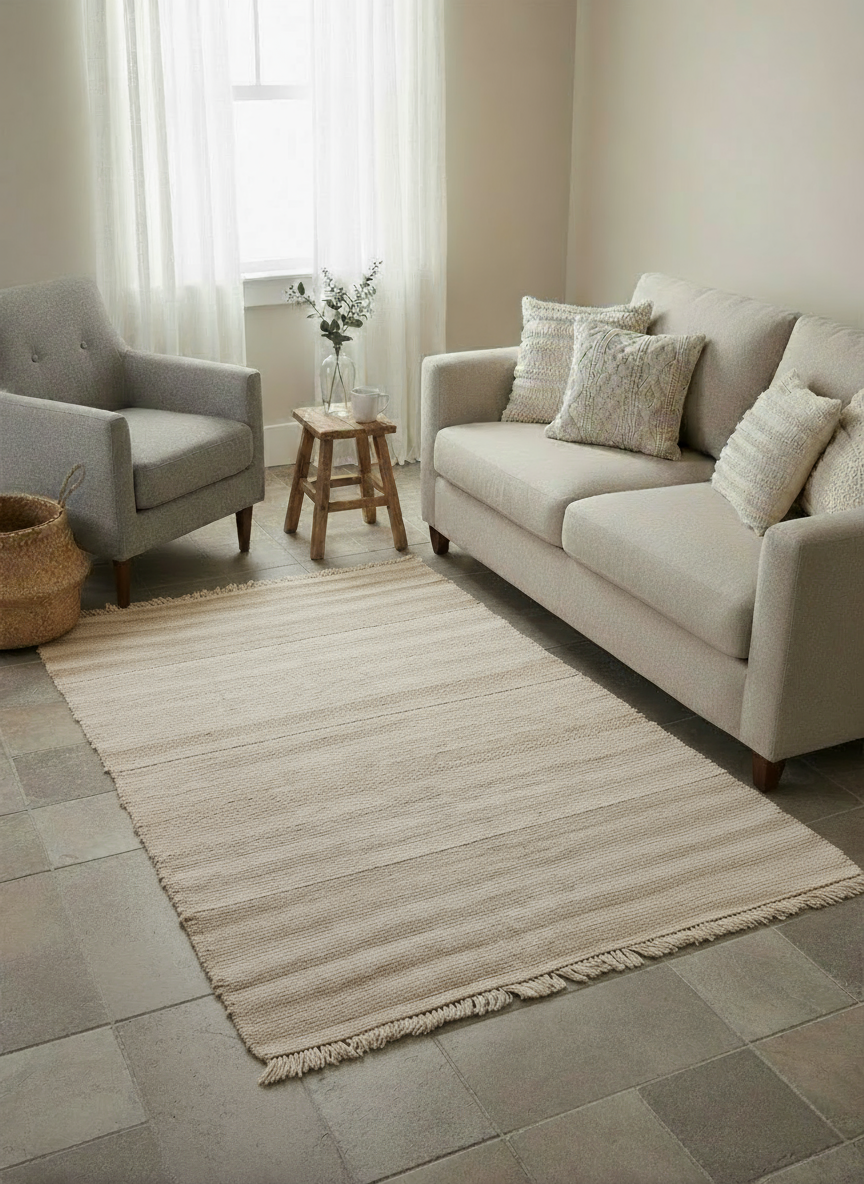

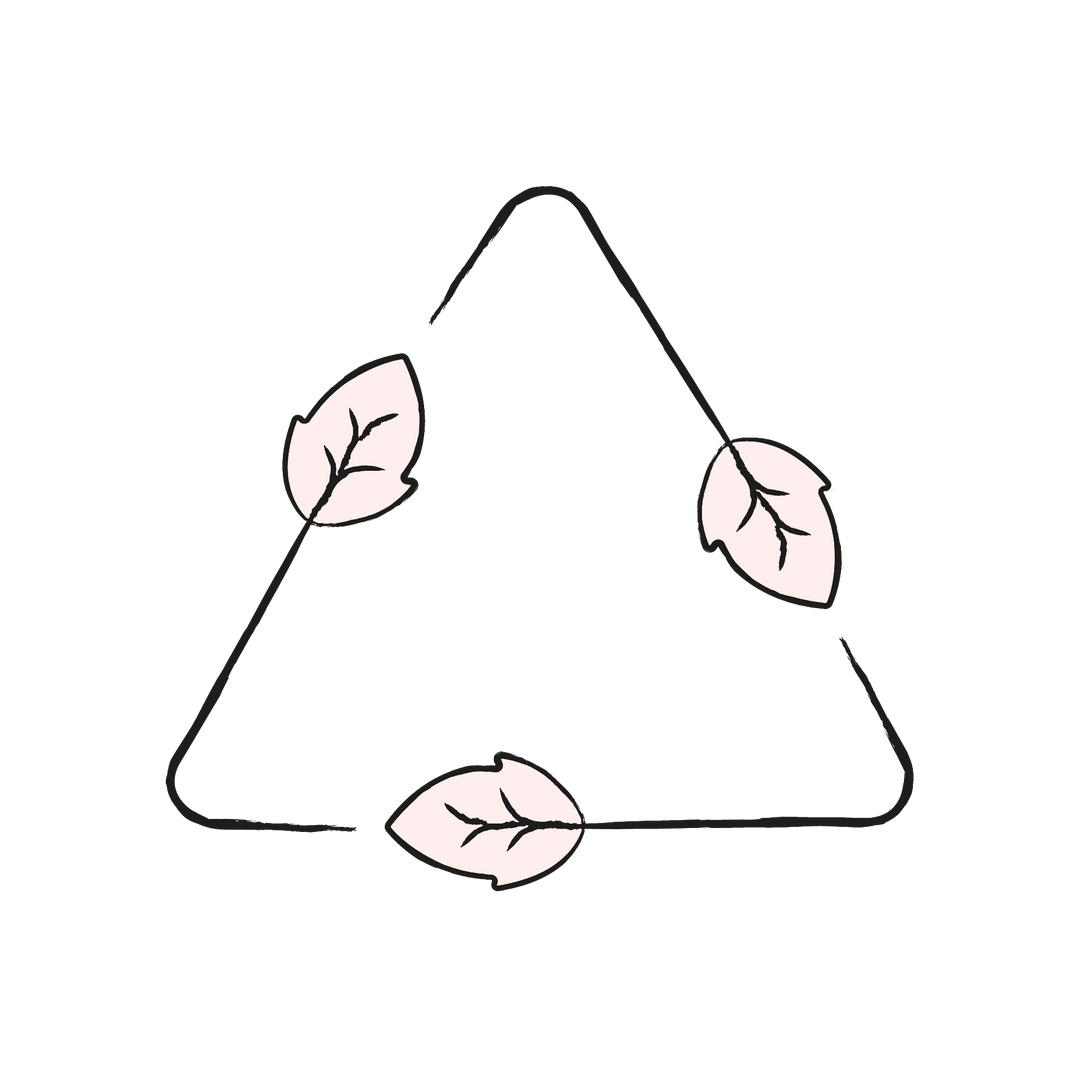
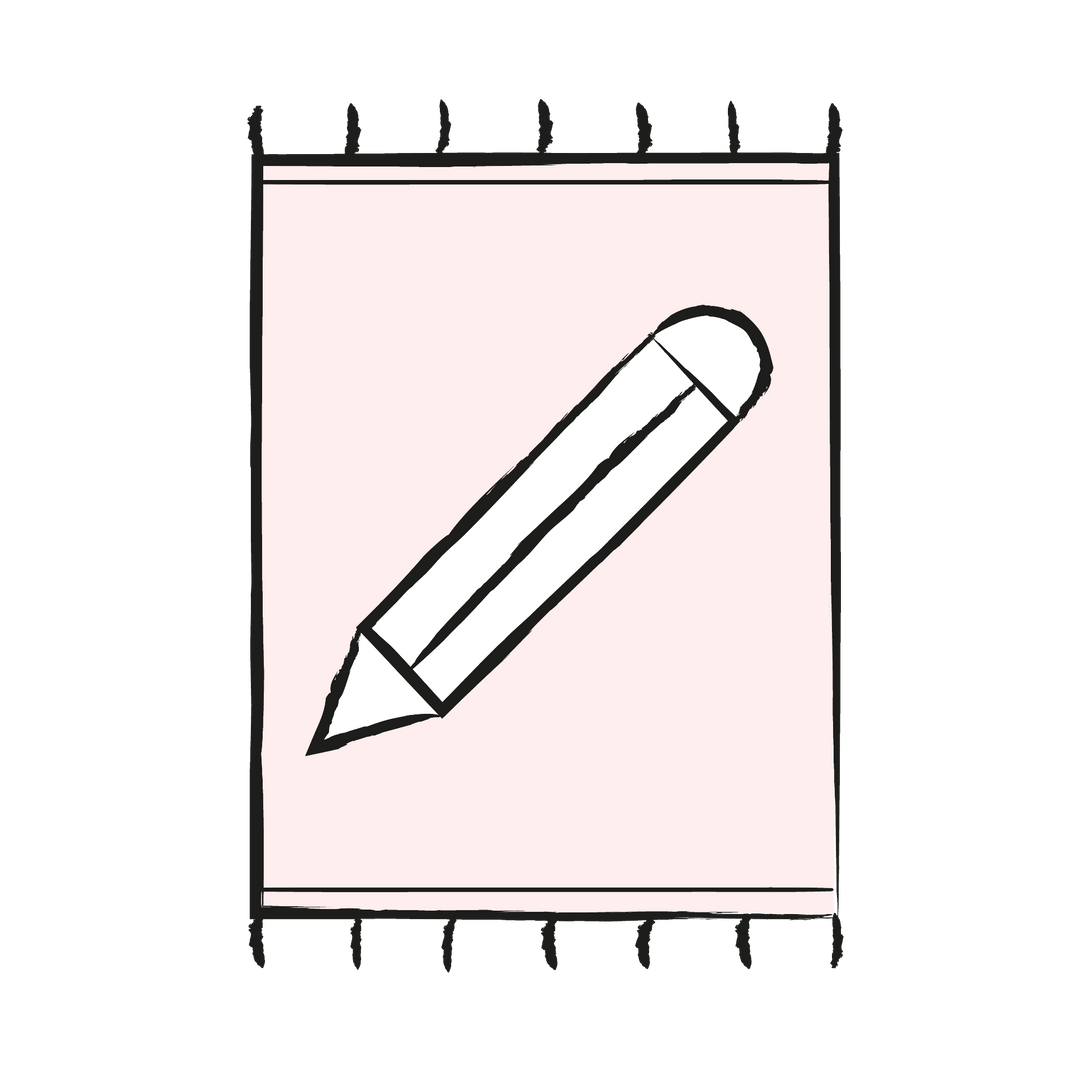
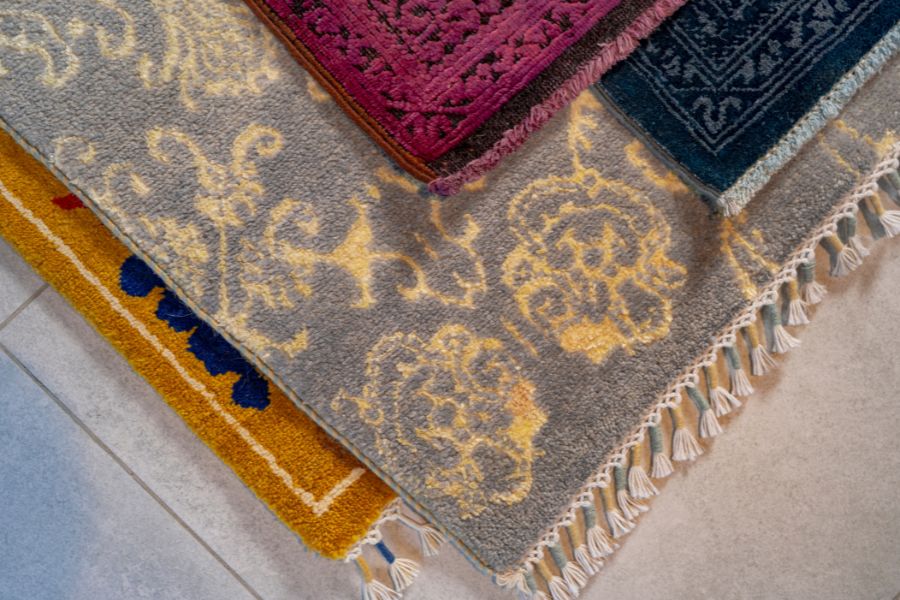
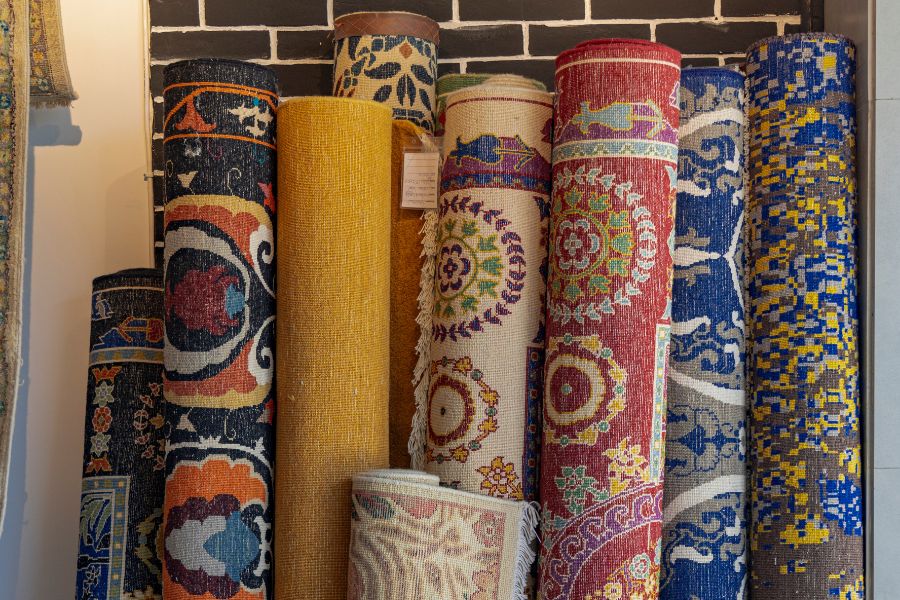
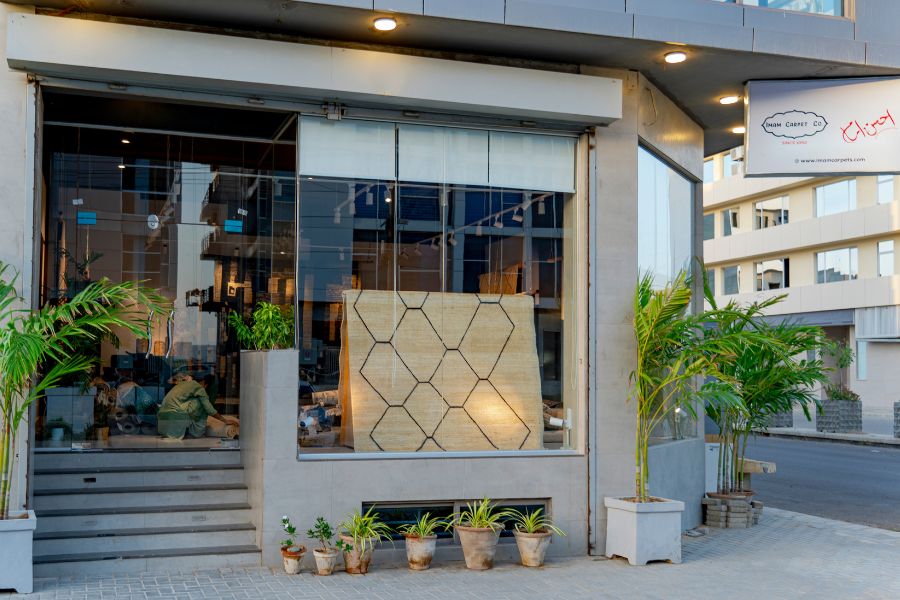
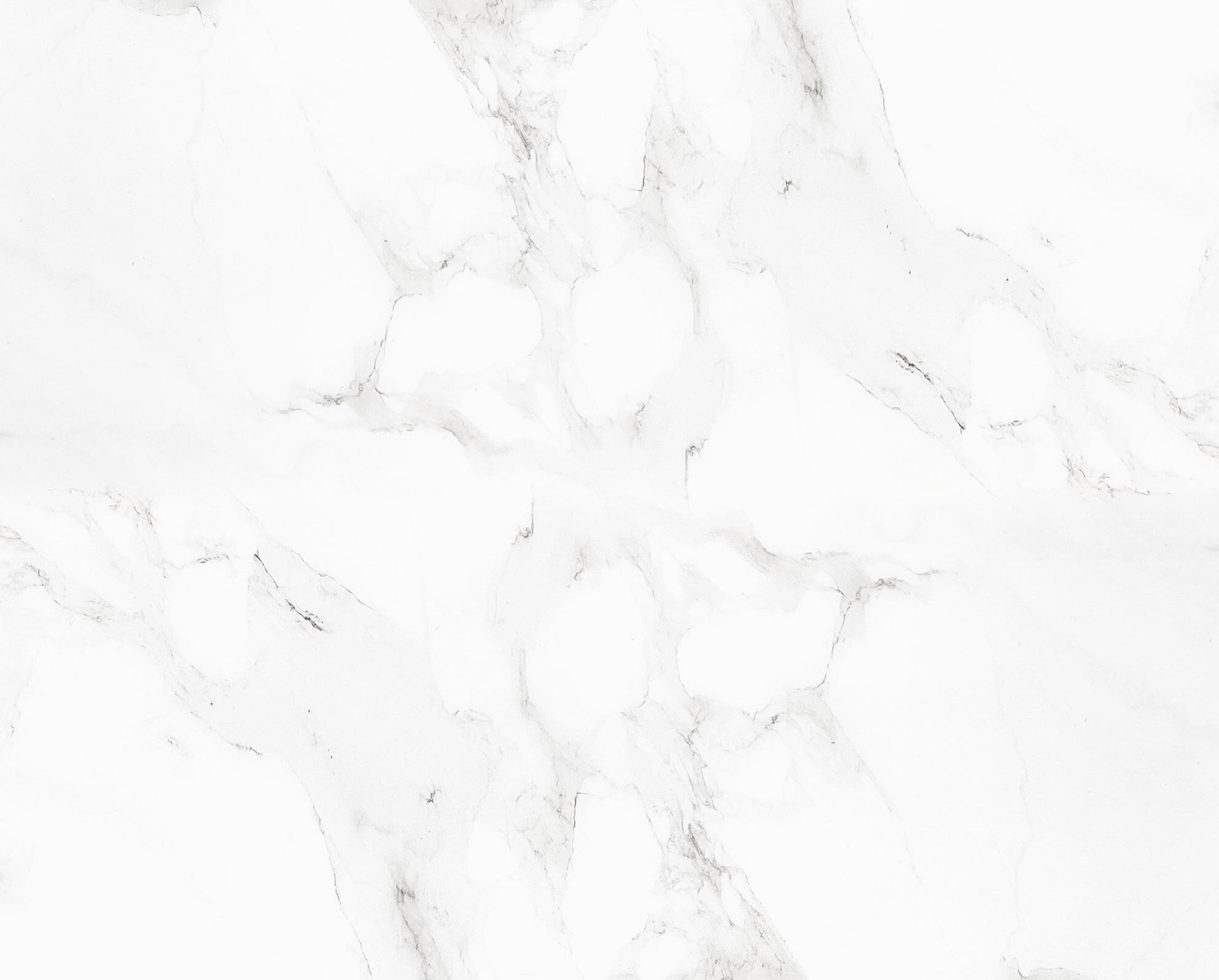
Leave a comment